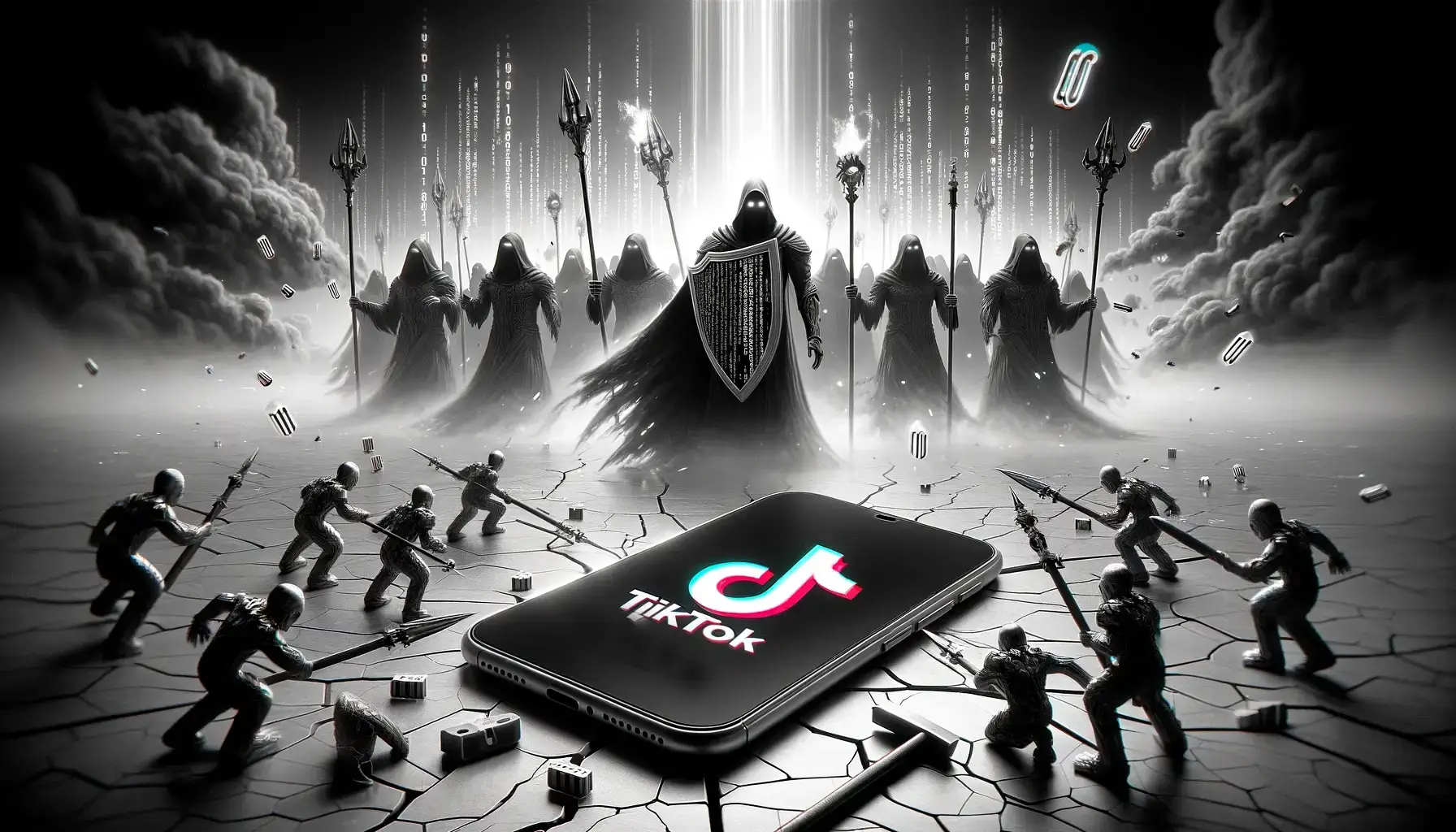The conversation around TikTok’s ban in the U.S. isn’t just about a single app’s fate; it’s a much-needed wakeup call to the fact that our online lives are under constant scrutiny.
With Congress making moves against TikTok due to its Chinese ownership, we’re reminded that the apps we use daily are collecting heaps of data on us. But TikTok isn’t the only one in the data collection game.
The truth is, most social media platforms and online services are mining our personal information. This revelation begs the question: how do we protect ourselves?
The Real Deal with TikTok and Privacy
When the U.S. House decided to take a swing at TikTok, citing national security concerns, it wasn’t just making a statement about one app. It was spotlighting a massive issue in our digital world: the handling (or mishandling) of personal data.
Yes, TikTok’s connection to ByteDance, a Chinese company, raises eyebrows, especially with fears that user data could end up in the wrong hands. But let’s be realistic; this is a global issue, far bigger than just TikTok.
The Broader Picture: Data Privacy Concerns
Every time we scroll, like, or share, we’re leaving digital breadcrumbs. These breadcrumbs can paint a pretty detailed picture of who we are, what we like, and even where we live. The idea that any government or company could access this info without our consent is, frankly, unsettling.
And it’s not just about one country’s government having this power. The global nature of the internet means our data could potentially be accessed by various actors, not all with our best interests at heart.
This situation has sparked a much-needed debate on how personal data is handled across all platforms, not just TikTok.
Incognito Browser: More Than Just Private Browsing
This is where tools like Incognito Browser come into play. It’s an app built for Android users who are serious about keeping their online activities private. Think of it as your personal digital shield against the prying eyes of the online world.
What sets Incognito Browser apart isn’t just its ability to keep your browsing history to itself.
It’s the whole package: blocking unwanted ads, hiding your digital footprint with agent cloaking, and even letting you access the decentralized web. It’s about giving you control over what information you share online and with whom.
Beyond the Headlines: Protecting Your Digital Life
The TikTok controversy and the questions it raises about data privacy don’t have simple answers. Yes, forcing ByteDance to divest TikTok might ease some concerns, but it’s hardly a cure-all for the privacy issues plaguing our digital world.
If anything, it’s a decent beginning to solving to a problem that requires a much more comprehensive solution.
A robust privacy law, one that holds all digital platforms to the same high standards, is long overdue.
Until that happens, the responsibility for our digital privacy falls to us, the users. And that means making informed choices about the tools we use online.
Wrapping Up: Your Privacy, Your Choice
Navigating the online world while keeping your private life, well, private, is more challenging than ever. But it’s not impossible. With the right tools and a bit of knowledge, you can protect yourself from unwanted surveillance and data harvesting.
Incognito Browser is a step in the right direction for anyone using an Android device. It offers a level of privacy protection that goes beyond just “not saving your history.”
By choosing a browser designed with your privacy as the cornerstone, you’re taking a stand for your digital rights.
In a world where our online activities are constantly monitored, choosing how to protect your privacy is more important than ever.
And while no tool can offer 100% protection, using Incognito Browser is a solid move towards keeping your digital life under your control.



